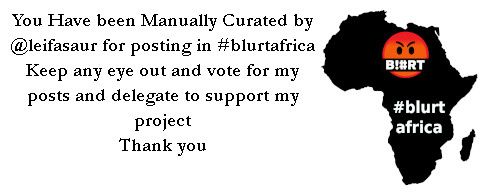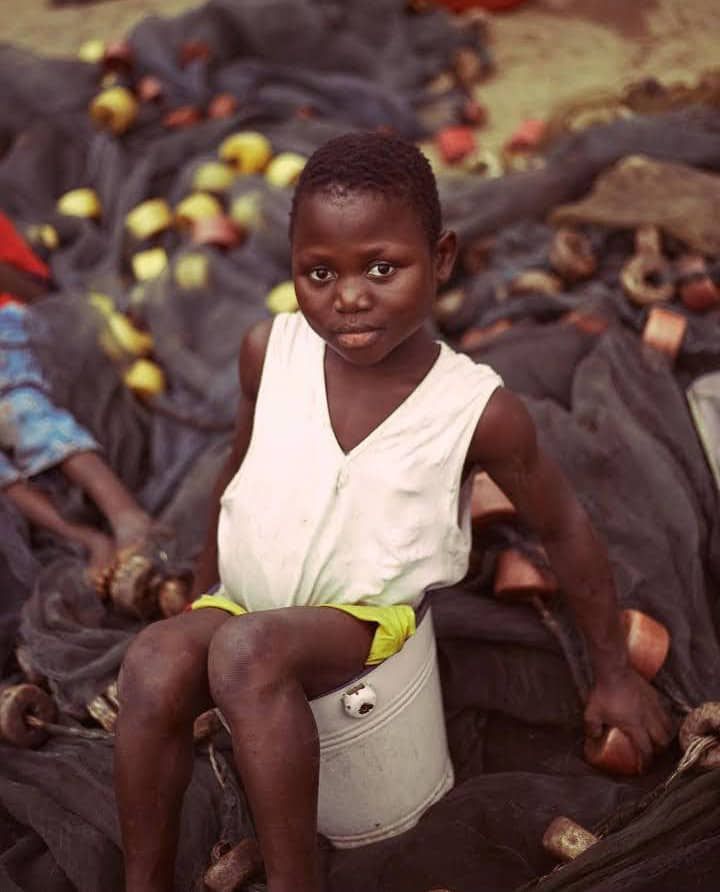
By 2021, Ghana has made moderate progress in its efforts to eliminate the worst forms of child labour. The government has developed public and private sector initiatives to address child labor in the cocoa industry. The government has launched a new national action plan to eradicate human trafficking, and the Ministry of Gender, Children and Social Welfare has developed a communication plan to guide efforts to raise awareness about human trafficking for the years 2022-2026.
Kaká ƒe 2021 naɖo la, Ghana wɔ ŋgɔyiyi si sɔ le agbagba siwo dzem wòle be yeaɖe ɖeviwo ƒe dɔwɔwɔ vɔ̃ɖitɔ kekeke ɖa me. Dziɖuɖua to dukɔa kple dɔwɔƒe siwo mente dziɖuɖu tɔ o ƒe ɖoɖowo vɛ be woatsɔ akpɔ ɖeviwo ƒe dɔwɔwɔ le kokoo dɔwɔƒewo gbɔ. Dziɖuɖua dze dukɔa ƒe dɔwɔwɔ ƒe ɖoɖo yeye aɖe gɔme be woatsɔ aɖe ameo ƒe así tsatsa ɖa, eye Ŋutsuwo kple Nyɔnuwo, Ðeviwo kple Hadomegbenɔnɔ Ŋuti Dɔwɔƒe wɔ kadodomɔnu aɖe be wòafia mɔ agbagba siwo dzem wole be woana amewo nanya nu tso amewo tsɔtsɔ sa vɔe ŋu na ƒe 2022-2026.
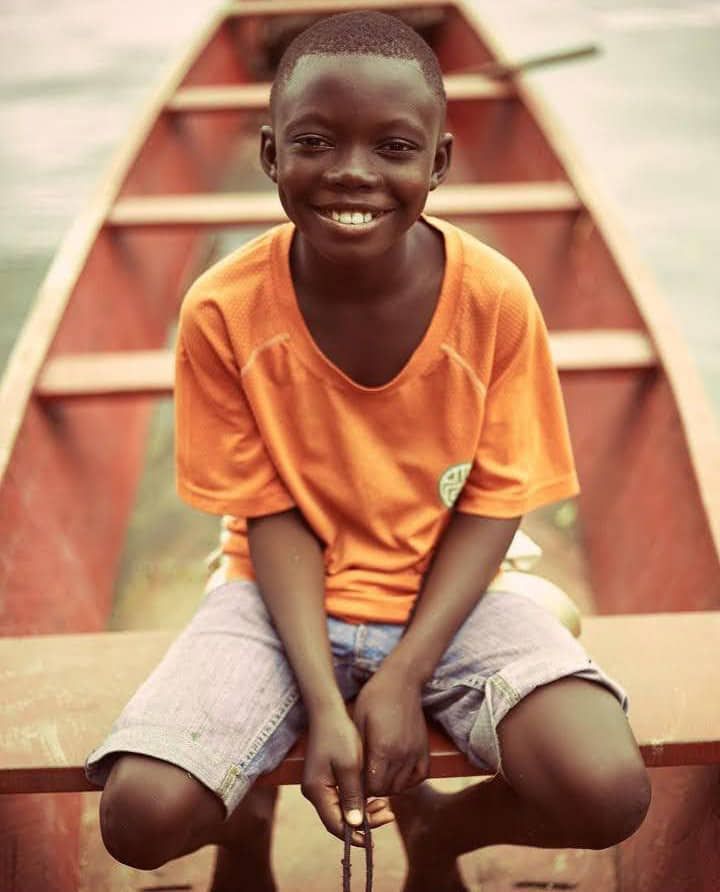
However, children in Ghana are subjected to the worst forms of child labour, especially in fishing and cocoa production and harvesting. Prohibitions related to the trafficking of children fall in line with international standards because, although Ghana outlaws the use, purchase and donation of children for electronic work, the law does not extend to the public. It is a law that prohibits the use of children in illegal activities, including the production and sale of narcotics. In addition, the government did not accept the Optional Protocol to the UN Convention on the Rights of the Child on the sale of children, child prostitution and child pornography.
Gake ɖevi siwo le Ghana la wɔa ɖeviwo ƒe dɔwɔwɔ vɔ̃ɖitɔ kekeke, vevietɔ le tɔƒodede kple kokoo wɔwɔ kple eŋeŋe me. Mɔxexe ɖe ɖeviwo tsɔtsɔ sa vɔe nu la wɔ ɖeka kple dukɔwo dome dzidzenuwo elabena, togbɔ be Ghana de se ɖe ɖeviwo zazã, wo ƒle kple wo tsɔtsɔ na ameo hena elektrɔnikdɔwo wɔwɔ nula, sea mekeke ta na dukɔa o. Enye se si xe mɔ ɖe ɖeviwo zazã le nuwɔna siwo mele se nu o, siwo dometɔ aɖewoe nye atike muamewo wɔwɔ kple wo dzad ra nu. Tsɔ kpe ɖe eŋu la, dziɖuɖua melɔ̃ ɖe Dukɔ Ƒoƒuawo ƒe Ðeviwo ƒe Gomenɔamesiwo Ŋuti Nublada ƒe Ðoɖowɔɖi si Tiatiawɔblɔɖe si ku ɖe ɖeviwo zara, ɖeviwo ƒe gbolowɔwɔ kple ɖeviwo ƒe amamaɖeɖenuwɔnawo kpɔkpɔ ŋu dzi o.
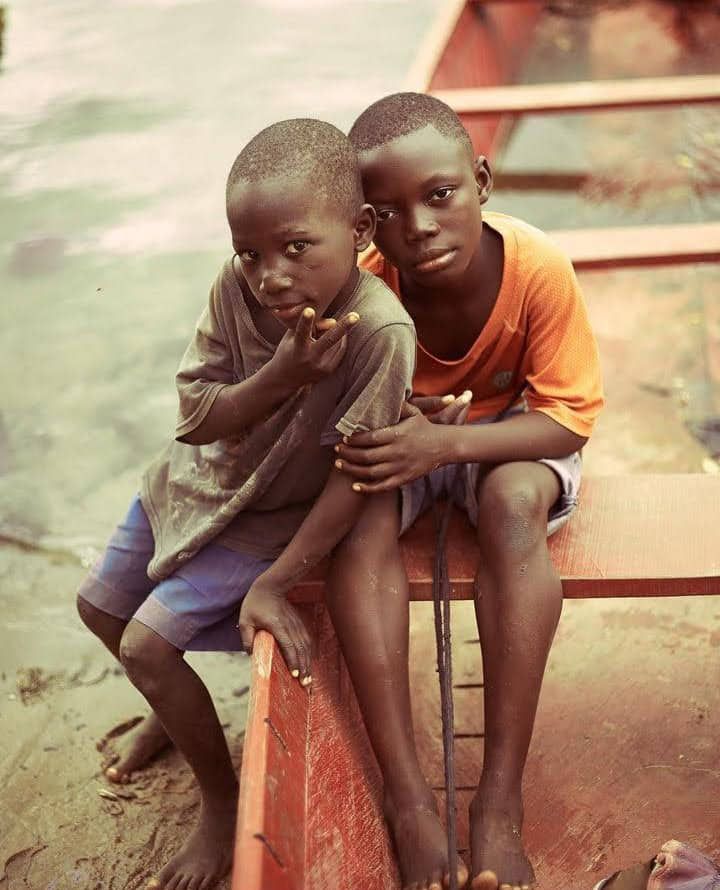
The program supported by the Ministry of Education under the free and compulsory basic education aims to increase the rate and enrollment of schools. The MOGCSP school feeding program in Ghana aims to reduce malnutrition and improve student attendance; The Capitation Assistance Scheme helps defray the cost of basic education for students in public primary schools; and its Ghana Education Service—the women's education division maintains women's education officers at the regional and local levels and mobilizes communities to enroll girls in schools. During the reporting period, the program provided meals to students in public schools.
Ðoɖo si Sucede Dɔwɔƒe do alɔe le gɔmedzesukudede femaxee kple dzizizitɔe te la ƒe taɖodzinue nye be yeana sukuwo ƒe ŋkɔ ŋɔŋlɔ ƒe agbɔsɔsɔ ple woƒe ŋkɔwo nadzi ɖe edzi. MOGCAP ƒe sukunuɖuɖu ƒe ɖoɖo si le Ghana ƒe taɖodzinue nye be yeaɖe nunyuimakpɔɖu dzi akpɔtɔ eye yeana sukui wo ƒe vava nanyo ɖe edzi; Kpekpeɖeŋunaɖoɖo si nye Capitation Assistance Scheme pena ɖe sukunai siwo le dukɔa ƒe gɔmedzesukuwo me ƒe gɔmedzesukudede ƒe gazazãwo ŋu; kple eƒe Ghana Suku De Dɔwɔƒe—nyɔnuwo ƒe sukade ƒe dɔwɔƒea léa nyɔnuwo ƒe sukudededzikpɔlawo ɖe te le nutome kple nutoa me eye wòƒoa nutoawo nu ƒu be woaŋlɔ nyɔnuviwo ɖe suko me. Le nyatakaka ɣeyiɣia me la, ɖoɖoa na nuɖuɖu sukunai siwo le dukɔa ƒe sukuwo me.
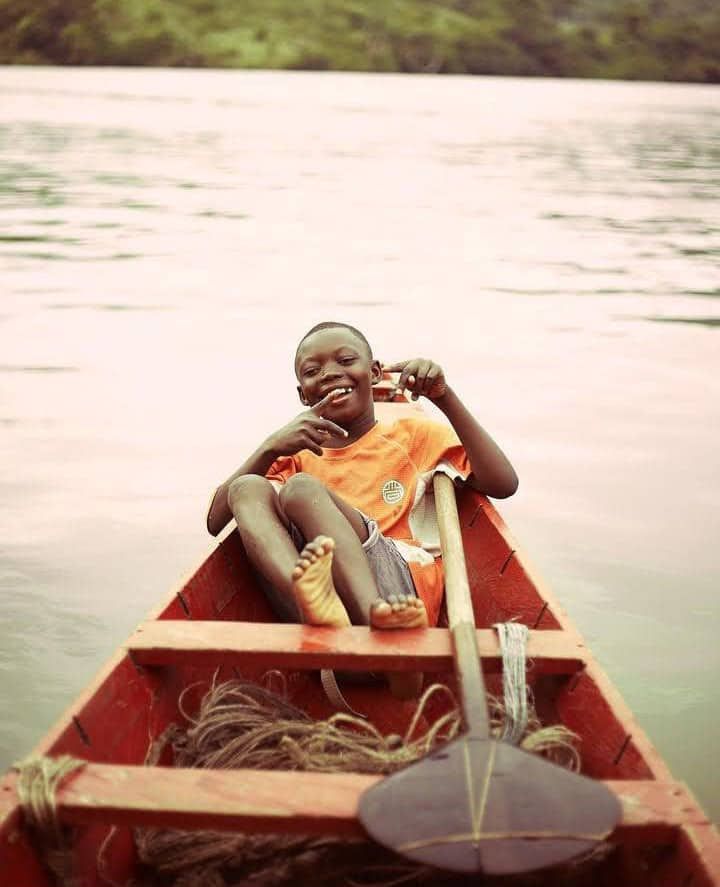
Although the government has worked together with companies, NGOs and international organizations to implement programs for child labor in cocoa production, fishing and mining, the number of these programs In addition, other areas that require greater government attention include the provision of shelters in the regions and regions and the provision of adequate funds and equipment for rescue operations and the protection of victims.
Togbɔ be dziɖuɖua wɔ dɔ aduadu kple dɔwɔƒewo, NGOwo kple dukɔwo dome habɔbɔwo tsɔ wɔ ɖoɖowo na ɖeviwo ƒe dɔwɔwɔ le kokoo wɔwɔ, tɔƒodede kple tomenukuƒewo hã la, ɖoɖo siawo ƒe xexlẽme Tsɔ kpe ɖe eŋu la, nuto bubu siwo hiã be dziɖuɖua nale ŋku ɖe wo ŋu geɖe wu dometɔ aɖewoe nye bebeƒewo nana le nutoawo me mple nutoawo kpa ple ga kple dɔwɔnu siwo sɔ nana henna xɔnamedɔwo kple ames iwo ŋu wowɔ nube vii takpɔkpɔ.
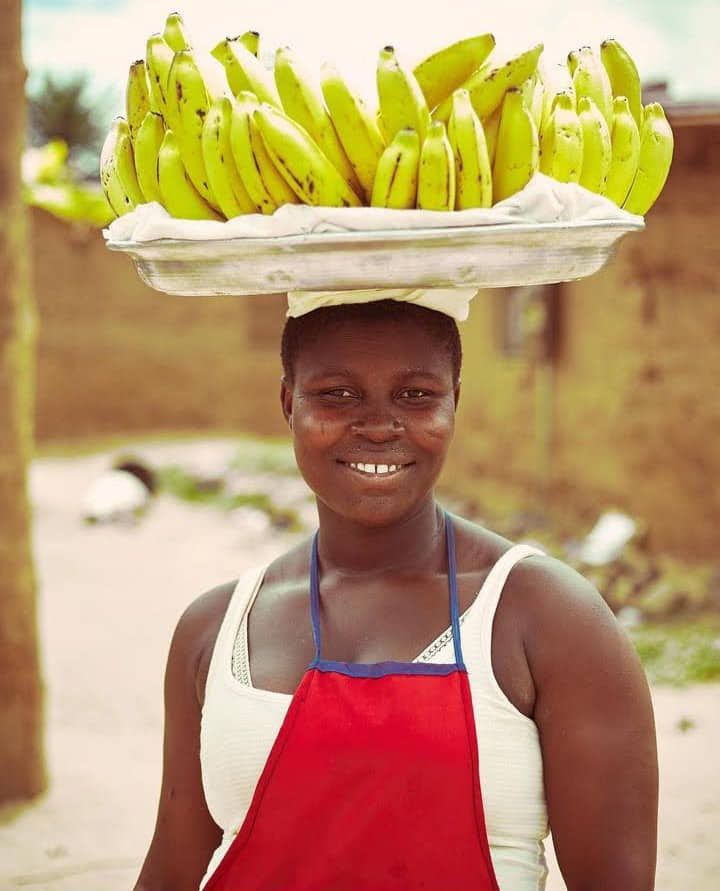
Although Ghana criminally prohibits the use, purchase and donation of electronic pornography, the law does not extend to pornography. Although Ghana has banned some hazardous jobs for children, the current list of hazardous jobs does not cover all jobs or activities known to involve child labor, including cocoa production. Furthermore, the law does not prevent the use of children for illegal activities, including drug production and trafficking. The government has enacted child labor laws and regulations. However, there are gaps in Ghana's legal framework to adequately protect children from the worst forms of child labour, including commercial sex work.
Togbɔ be Ghana de sewo ƒle kple wo nana nu le nuvlowɔwɔ nula, sea mekeke ɖe enu yi amamaɖeɖenuwɔnawo dzi o. Togbɔ be Ghana de se ɖe dɔ aɖewo siwo me afɔku le wɔwɔ na ɖeviwo nu hã la, dɔ siwo me afɔku le ƒe ŋkɔ siwo woŋlɔ fifia meku ɖe dɔ alo dɔwɔna siwo katã wont be wolɔ ɖeviwo ƒe dɔwɔwɔ ɖe eme, siwo dome kokoo wɔwɔ hã le, ŋu o. Gakpe ɖe eŋu la, sea mexe mɔ ɖe ɖeviwo zazã henna nuwɔna siwo mele se nu o, siwo dometɔ aɖewoe nye atikevɔ̃ɖiwo wɔwɔ kple wo tsɔtsɔ sa vɔe nu o. Dziɖuɖua de ɖeviwo ƒe dɔwɔwɔ ŋuti serwo kpl ɖoɖowo. Gake dometsots owo le Ghana ƒe senyal me be woakpɔ ɖeviwo ta nue tso ɖeviwo ƒe dɔwɔwɔ vɔ̃ɖitɔwo kekeke me, siwo dome gbɔdɔdɔ ƒe así tsatsa le asitsadɔwo hã le.
